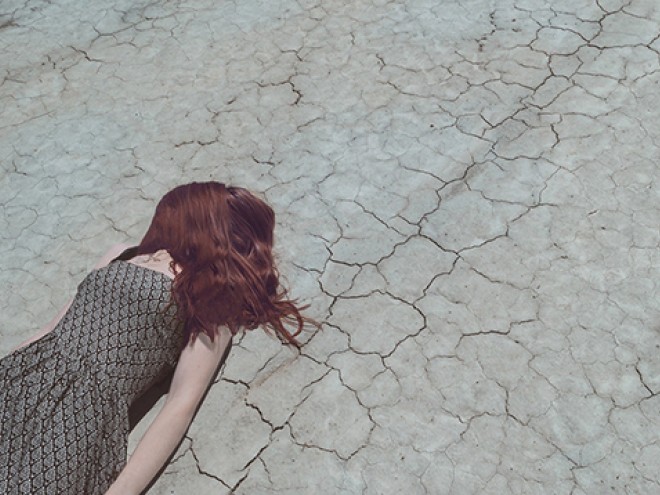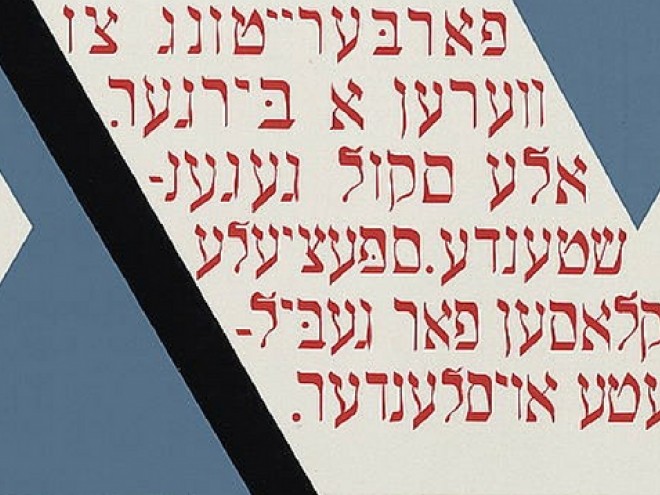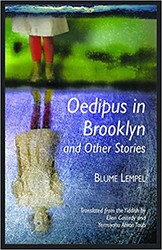By
– June 25, 2012
“…delicacies to celebrate a liberation/that insisted upon blood and frogs/…redemption had to proceed…” Ahron Taub fuses history and poetry, evoking personal and collective meaning. So Taub’s “Passover” poem exemplifies his love of Judaism’s core event, his own devotion to a mother who could deal with a son’s change, and certainly his own evolution into a life of redemptive meaning.
“Caravaggio’s latest boy,” on the other hand, exposes the artist’s youthful and collegial physical connections, pervaded by “all those commandments long branded/between the eyes/and limbs only just being seen— what can we say?/can you see the invisible?”
Thus the poet glorifies the earthy but questionable nature of life’s poetry, suggesting that this is the work of the “prophet”— to call to mind the essence of experience and longing. “…pray for this work, pray that they succeed./beloved.”
Deborah Schoeneman, is a former English teacher/Writing Across the Curriculum Center Coordinator at North Shore Hebrew Academy High School and coeditor of Modern American Literature: A Library of Literary Criticism, Vol. VI, published in 1997.





